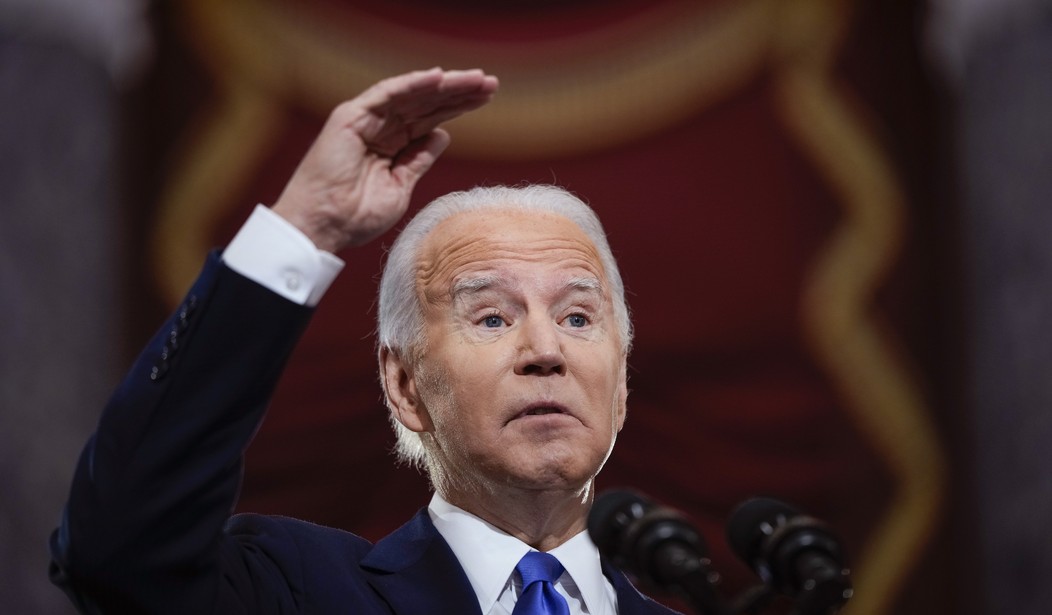Inflation continues to skyrocket nationwide, biting into the slight wage gains American workers have experienced so far this year. Prices for food, energy, and other essentials have all surged since the enactment of President Biden’s $1.9 trillion stimulus bill earlier this year. Unfortunately, it doesn’t look like these price increases are on pace to subside anytime soon. It’s possible inflation could even get worse, particularly as it relates to energy prices, if congressional Democrats get their way and enact their multi-trillion dollar reconciliation bill. Although the details of their bill change on a near daily basis, one thing remains constant: the plan would hurt American energy producers and raise prices on consumers.
Consumers in all parts of the country are familiar with the concerning state of American energy prices. Gas prices are at an average of $3.42 per gallon (more than 50 percent higher than a year ago), natural gas is up to $5.63 per MMBtu (more than double where prices were at the beginning of the year), and home heating prices climbed to $3.39 per gallon (also up by 50 percent from a year ago). For so many struggling families, higher prices can mean making tough choices when it comes to basic needs like paying utility bills or putting food on the table.
Unfortunately, President Biden has largely ignored this issue and has implemented policies that have contributed to this backdoor tax on Americans. On his very first day in office, Biden terminated the Keystone XL pipeline, killing 11,000 middle class jobs. He also suspended oil and natural gas leases in Alaska. While Biden’s progressive base may like his apparent hostility toward the fossil fuel industry, he is turning a blind eye toward the costs to American consumers.
Democratic lawmakers seem to want to double down on President Biden’s failed energy strategy. Their massive “Build Back Better” Act (BBB) would add additional burdens onto American energy producers through punitive regulations, fees, and unfavorable tax changes that will increase their cost of doing business. Higher taxes and fees and other government-imposed burdens will increase the cost all consumers pay.
Of the many dubious provisions, Democrats have proposed to increase the royalty fee on production from federally owned onshore lands from 12.5 to 18.75 percent on newly issued leases. They also have proposed higher inspection fees, a new “expression of interest fee,” a new “resource” fee, leasing fees, severance tax fee, and increased rent rates for producers that use federal land. On top of that, the House has included a “methane fee” that directly targets the natural gas industry.
Recommended
Lawmakers are also considering measures that would repeal century-old provisions in the law that allow energy producers to fully recover the costs of their operations, just like companies in other sectors of the economy. This provision is not a loophole or subsidy, as some lawmakers claim, but instead ensures that the costs of doing business in the energy sector are accurately reflected and recovered on American companies’ tax bills.
The pile-on doesn’t end there: BBB includes other non-tax and fee provisions that would put upward pressure on energy costs. Some provisions would limit access for energy production in certain areas of the country, like in the Arctic National Wildlife Refuge and offshore. Whereas there are higher minimum bid requirements on federally owned land and significantly tighten the time of lease terms. The consequences of these policies would hurt jobs in local communities and artificially restrict supply.
Most of these changes are done under the guise of curbing carbon emissions in order to stem the impacts of climate change. But before Congress passes new punitive measures on American energy producers, lawmakers must consider the economic impacts of these provisions and how they would affect inflation, jobs, and the bottom line for American-based energy producers. We all want to do our part to reduce emissions - and the country has indeed done so - but Congress shouldn’t rush to action before we know all the implications of drastic policy changes, both intended and unintended. And right now as the country’s employers and consumers dig out from the pandemic, now isn’t the time to whack Americans with misguided tax, fee, and regulatory burdens. Let’s hope lawmakers heed these changes before their reconciliation bill reaches the president’s desk.

























Join the conversation as a VIP Member